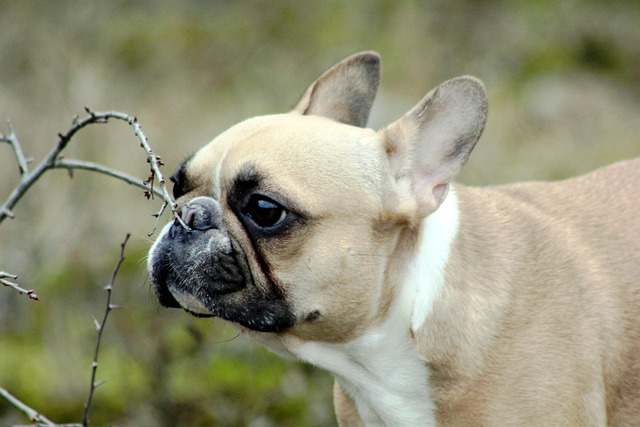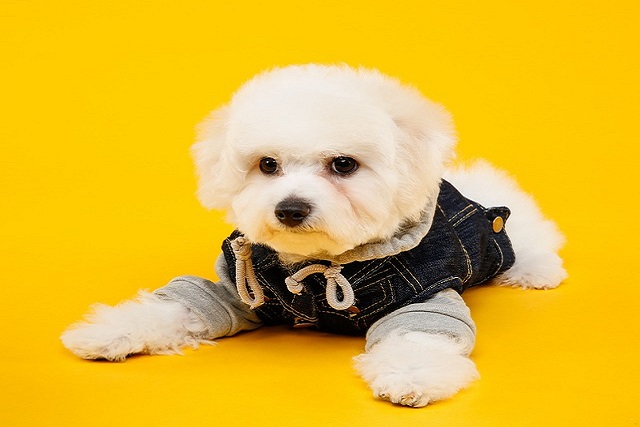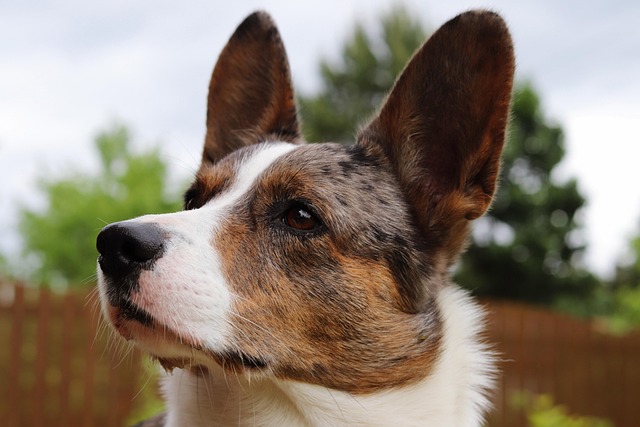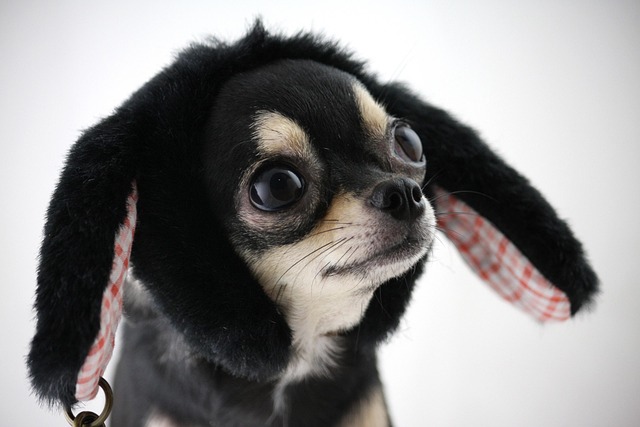In the warm journey of accompanying our dogs, dog daycare services have gradually become a choice for many busy owners. But a crucial question lingers in our minds: What is the best age for a dog to start daycare? Behind this question is our deep concern and careful consideration for the dog's growth.
During the puppy stage, a dog's body and mind are in a period of rapid development. Generally speaking, puppies aged 2 to 4 months are gradually transitioning from being with their mother dogs to adapting to the human family environment. At this stage, their immune systems are not yet fully mature, and they are extremely sensitive to changes in the external environment. Sending such young puppies to daycare poses many risks. In the daycare center, there is frequent movement of people and dogs, and the environment is complex. Puppies are very likely to come into contact with various pathogens, and their fragile immune systems may not be able to effectively resist them, thus increasing the probability of getting infected with diseases, such as canine distemper and parvovirus. These diseases can be fatal to puppies. At the same time, puppies are in a crucial period of establishing a close relationship with their owners at this time. Frequent separations from their owners to go to daycare may make them feel uneasy and anxious, affecting the establishment of their sense of security. Looking at the innocent and dependent eyes of the puppies, how can we have the heart to let them face too much external stimulation when they are so vulnerable? Therefore, considering from the perspectives of health and emotional development, puppies aged 2 to 4 months are generally not suitable to start daycare.
When the dog reaches the age of 4 to 6 months, the situation changes. At this stage, the dog's immune system is relatively enhanced, and its resistance to diseases has improved. Moreover, they begin to show a strong curiosity about the surrounding world and are eager to explore and learn. From the perspective of social development, this is a golden period. In the daycare center, dogs have the opportunity to interact with different kinds of dogs and humans, which helps them learn social rules, such as how to play correctly, how to express friendliness and give way, etc. For example, when playing with other dogs, they can learn to control their strength and avoid biting their companions too hard, which is crucial for their harmonious coexistence with other animals in the future. At the same time, interacting with the staff in the daycare center enables dogs to better understand human commands and behavior patterns, enhancing their obedience and trust in humans. However, dogs at this age are still relatively sensitive and require meticulous care from their owners and the staff of the daycare center. When choosing a daycare center, ensure that its environment is warm and hygienic, and that the staff have enough patience and love to pay attention to the emotional changes of each dog. If the conditions are suitable, dogs aged 4 to 6 months can try to start daycare, but closely observe their adaptation.
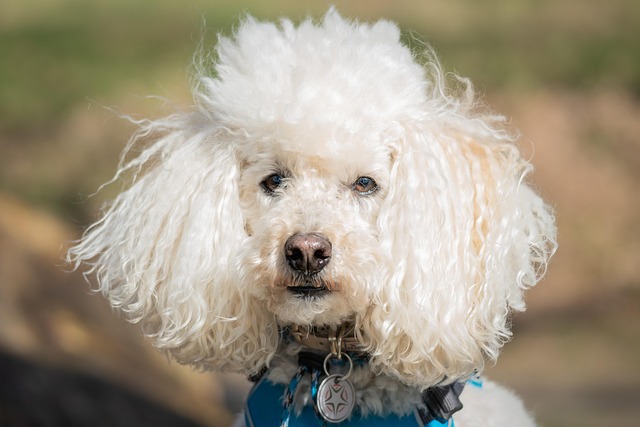
Dogs aged 6 months to 1 year have further developed and matured physically, and their minds have gradually stabilized. At this time, they are more energetic and require more exercise and social activities to burn off their excess energy. The spacious activity space and diverse activities in the daycare center, such as ball games and chasing competitions, can exactly meet their needs. In the daycare center, dogs can further improve their social skills and enhance their self-confidence through interaction with their peers. For example, in group activities, they learn to cooperate or compete in a team and clarify their status in the group. Moreover, dogs at this age already have a certain learning ability, and the staff of the daycare center can further improve their obedience and intelligence through some simple training activities, such as basic command training. For busy owners, sending their dogs to daycare at this time can not only allow the dogs to get sufficient exercise and social interaction but also ensure that they spend the time when the owners cannot accompany them in a safe environment. Therefore, for many dogs, the age range from 6 months to 1 year is a relatively suitable stage to start daycare.
Adult dogs over 1 year old have basically formed their personalities and behavior habits. They have a strong ability to adapt to the environment. If the owners are unable to accompany them for a long time due to work and other reasons, sending them to daycare is also a viable option. In the daycare center, adult dogs can establish deep friendships with other dogs and enrich their social lives. At the same time, a regular daycare life, such as regular activities, meals, and rest, helps maintain their good living habits. Moreover, some daycare centers provide special services for adult dogs, such as grooming care and health checks, which can better meet their living needs. However, for some adult dogs with particularly independent personalities or those who are used to staying at home alone, before sending them to daycare, the owners need to spend time guiding them to adapt to the new environment to ensure that they will not have a stress reaction due to the sudden change in their lifestyle.
The best age for a dog to start daycare is not absolute but should be comprehensively considered based on the dog's individual differences, health condition, and the actual situation of the daycare center. Every dog is unique, and their growth rhythms and needs are different. As owners, we should carefully observe the characteristics of dogs at different stages, weigh the pros and cons, and make the most suitable choice for them. After we make a decision, no matter when the dog starts daycare, we should closely pay attention to their performance in the daycare center, maintain good communication with the staff, and ensure that the dogs can gain happiness and grow healthily in the daycare center. Because dogs give us unconditional love and companionship, and we should also use the most considerate and responsible way to safeguard their happiness. In the years of accompanying our dogs, let us use love and wisdom to escort their growth at every step and let this warm friendship bloom forever in time.
